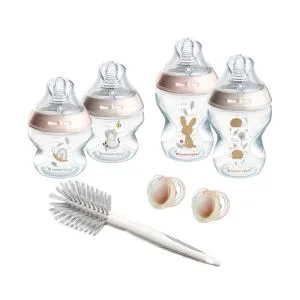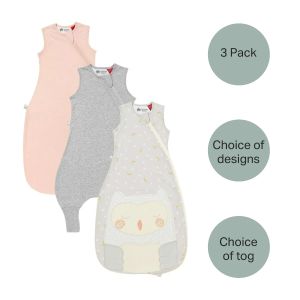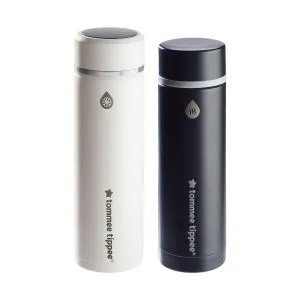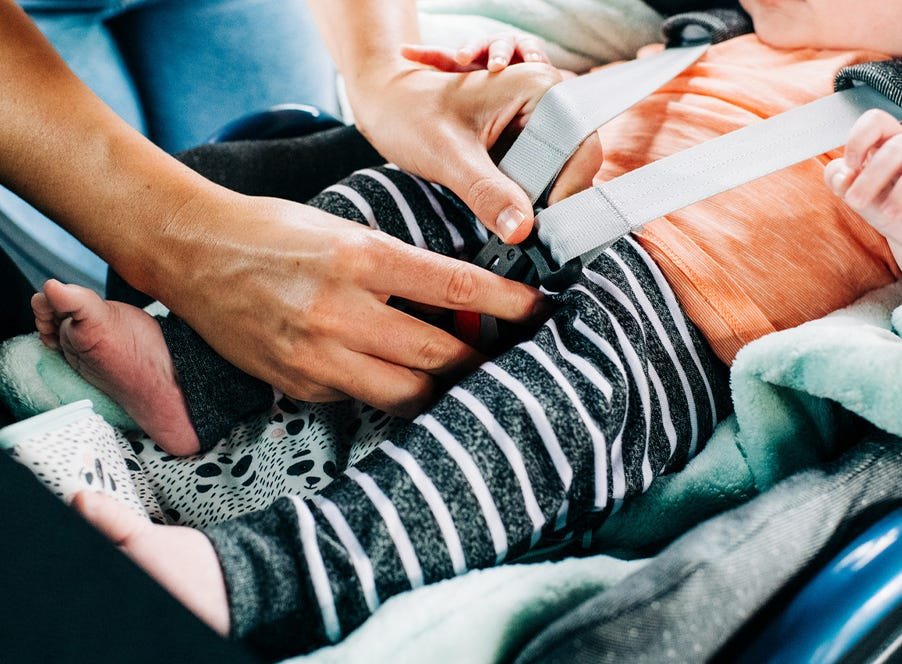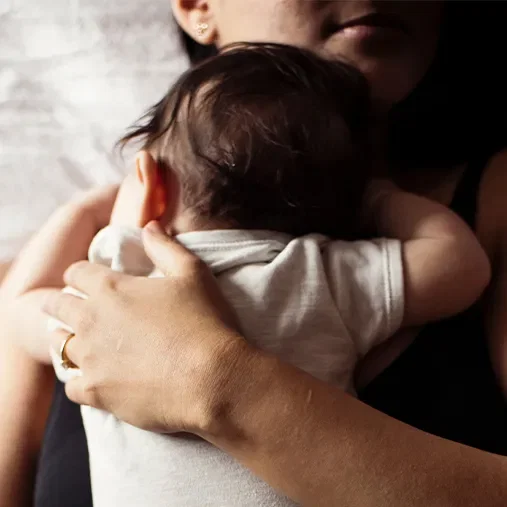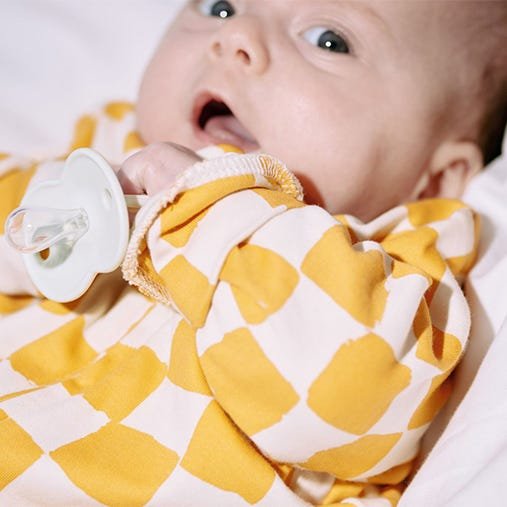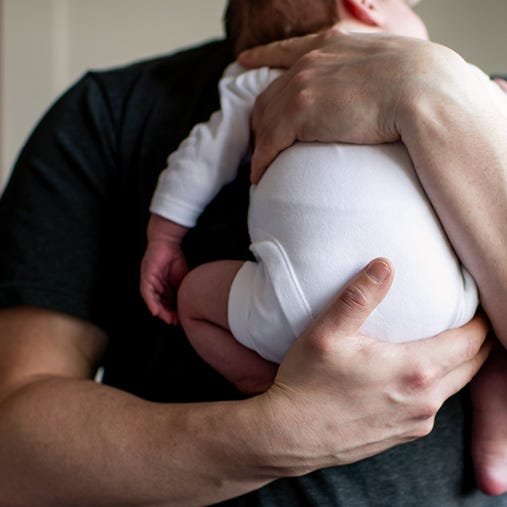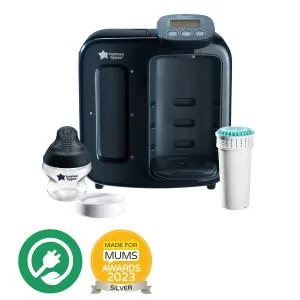
Search
Sorry, no results for
Suggestions
Popular Searches
Recent Searches
How can we help
Best Sellers
We have found... View all
-
spring20

From £54.00 Worth £104.97 If bought separately
The Original Grobag Sleepbag & Steppee Wash, Wear, Spare 3 Pack - 6-36m
More options availableBundle & Save 40%
-
spring20
 £59.99 RRP: £64.99
£59.99 RRP: £64.99GoPrep™ Portable Formula Feed Maker Set
-
price promise
 £229.99 RRP: £349.99
£229.99 RRP: £349.99Made for Me™ Wearable Breast Pump, Double
How can we help
Menu
Subscribe to Save
Subscription orders can be cancelled at anytime. Free delivery on all subsequent subscription orders. Find out more about subscriptions.
Why parents love our subscriptions...
-
They’re easy and fuss free
-
Your products are automatically sent to you
-
You save up to 10% when you sign up for a subscription
-
You can cancel at any time


